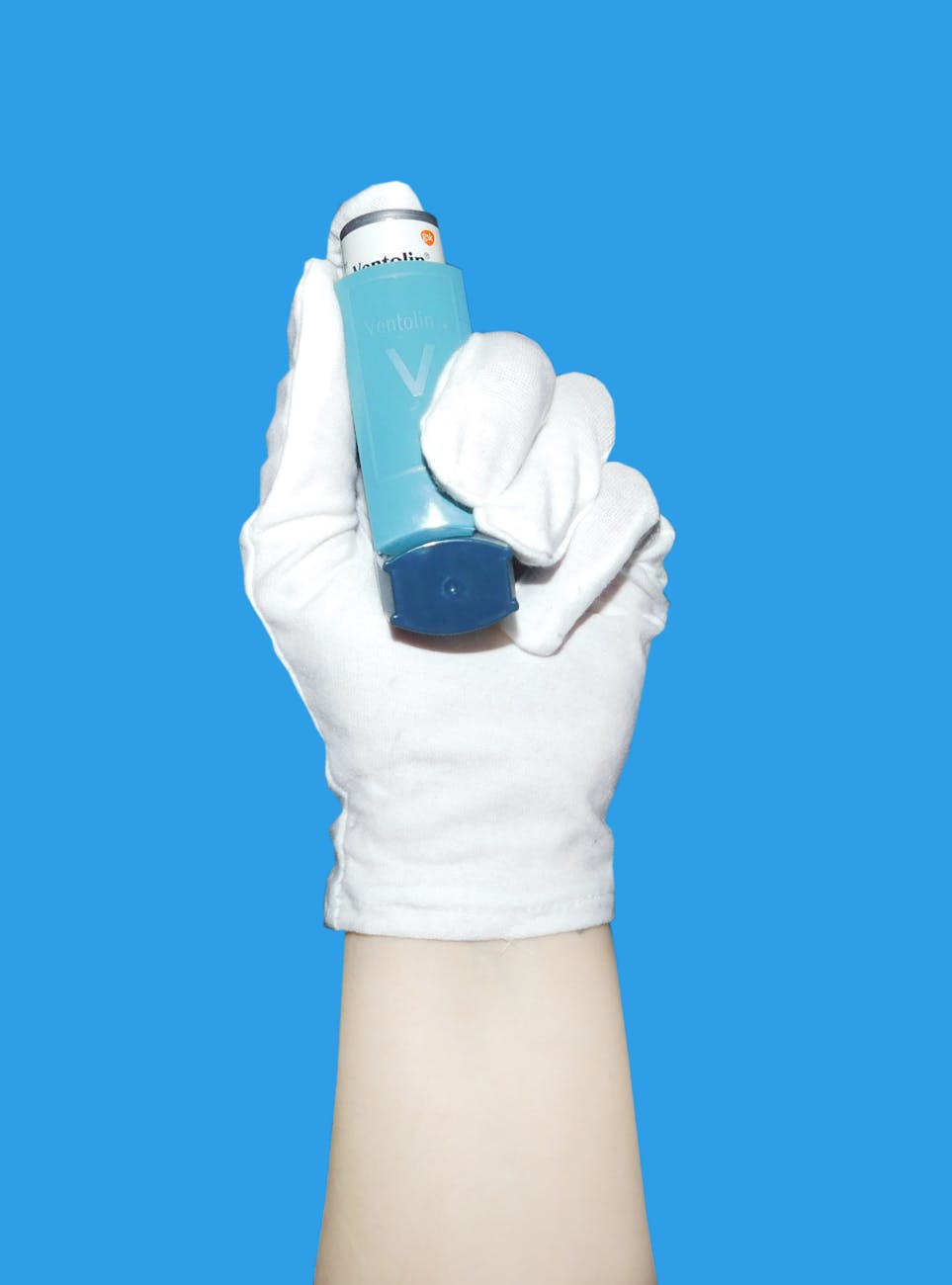
In the highly competitive pharmaceutical landscape, adopting complex drug delivery systems can provide a strategic advantage for both branded and generic drug manufacturers. These advanced delivery methods, such as injectables, inhalers, transdermal patches, and specialized formulations, offer numerous benefits that extend beyond the traditional oral solid dosage forms. By embracing the complexity of these delivery systems, pharmaceutical companies can differentiate their products, enhance patient outcomes, and potentially face less competition in the market.
Improved Bioavailability and Therapeutic Efficacy
One of the primary advantages of complex drug delivery systems is their ability to improve the bioavailability and therapeutic efficacy of active pharmaceutical ingredients (APIs). For example, long-acting injectable formulations can maintain consistent drug levels in the body over an extended period, reducing the need for frequent dosing and improving patient adherence. Similarly, transdermal patches can provide sustained drug delivery through the skin, bypassing first-pass metabolism and potentially reducing side effects.
Inhalation delivery systems, such as dry powder inhalers or metered-dose inhalers, are particularly beneficial for respiratory conditions like asthma and chronic obstructive pulmonary disease (COPD). These devices deliver the drug directly to the lungs, maximizing local concentrations while minimizing systemic exposure and associated side effects.
Targeted Drug Delivery and Reduced Side Effects
Complex delivery systems can also enable targeted drug delivery, minimizing off-target effects and reducing systemic side effects. For instance, liposomal formulations can encapsulate drugs and selectively deliver them to specific tissues or cells, enhancing their therapeutic index. Implantable drug delivery systems, such as subcutaneous implants or intravitreal implants for ocular conditions, can provide localized and sustained drug release, further improving safety and efficacy.
Patient Convenience and Adherence
Complex delivery systems often offer improved patient convenience and adherence compared to conventional oral dosage forms. Long-acting injectable formulations can reduce the frequency of dosing, improving patient compliance and potentially leading to better treatment outcomes. Transdermal patches and implantable systems can provide continuous drug delivery, eliminating the need for daily pill-taking and potentially improving adherence.
Lifecycle Management and Patent Protection
For branded pharmaceutical companies, adopting complex delivery systems can be a strategic move for lifecycle management and patent protection. By reformulating an existing drug into a novel delivery system, companies can potentially extend patent protection and maintain market exclusivity. This approach can be particularly valuable for blockbuster drugs facing patent expiration, allowing companies to maintain a competitive edge and retain a portion of the market share.
Reduced Generic Competition
Historically, drugs with complex delivery systems have faced less competition from generic alternatives compared to conventional oral solid dosage forms. This lack of competition can be attributed to several factors, including the challenges in establishing bioequivalence, the complexity of formulations and manufacturing processes, and the specialized expertise required to develop these products.
While regulatory agencies are now taking steps to facilitate the approval of complex generic drugs, the barriers to entry remain significant. This presents an opportunity for both branded and generic manufacturers to leverage their expertise in complex delivery systems and potentially face less competition in certain market segments.
Examples of Complex Drug Delivery Systems
The pharmaceutical industry has witnessed numerous successful examples of complex drug delivery systems across various therapeutic areas:
- Long-acting injectables: Aripiprazole (Abilify Maintena) for schizophrenia, paliperidone palmitate (Invega Sustenna) for schizoaffective disorder, and leuprolide acetate (Lupron Depot) for prostate cancer and endometriosis.
- Inhalation delivery systems: Fluticasone propionate/salmeterol (Advair Diskus) for asthma and COPD, and tobramycin inhalation solution (TOBI) for cystic fibrosis.
- Liposomal formulations: Doxorubicin liposomal (Doxil) for ovarian cancer and multiple myeloma, and amphotericin B liposomal (AmBisome) for fungal infections.
- Transdermal patches: Rivastigmine (Exelon Patch) for Alzheimer’s disease, fentanyl (Duragesic) for chronic pain management, and nicotine patches for smoking cessation.
- Implantable drug delivery systems: Fluocinolone acetonide intravitreal implant (Iluvien) for diabetic macular edema, and leuprolide acetate subcutaneous implant (Viadur) for prostate cancer.
With these benefits, the adoption of complex drug delivery systems is likely to gain momentum, driven by the pursuit of improved therapeutic outcomes, patient convenience, and strategic advantages in the marketplace.
Copyright © DrugPatentWatch. Originally published at







No Comments
Leave a comment Cancel